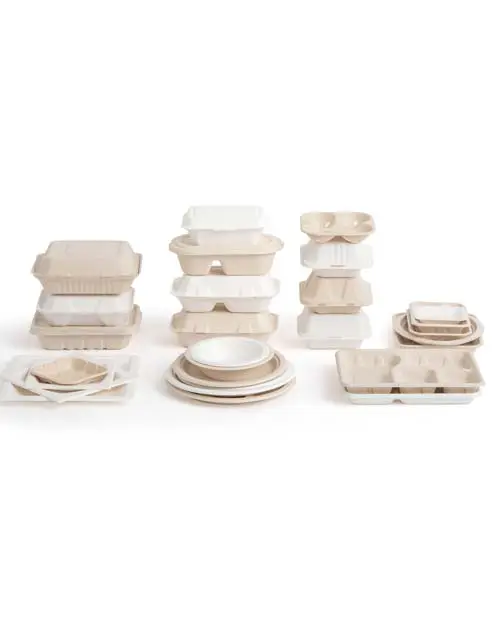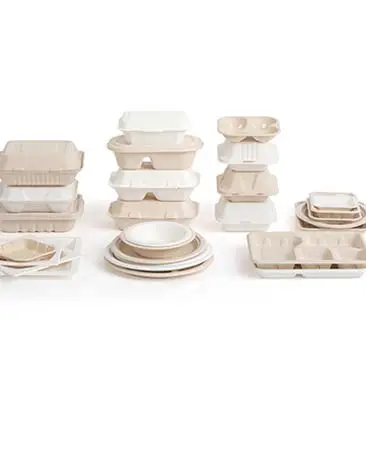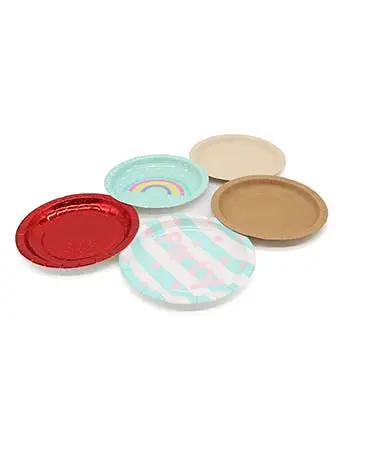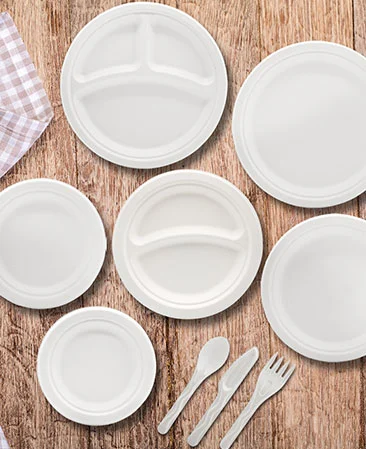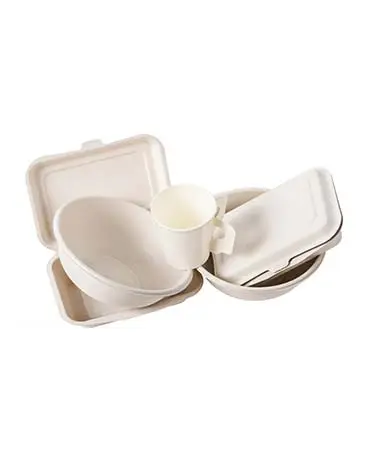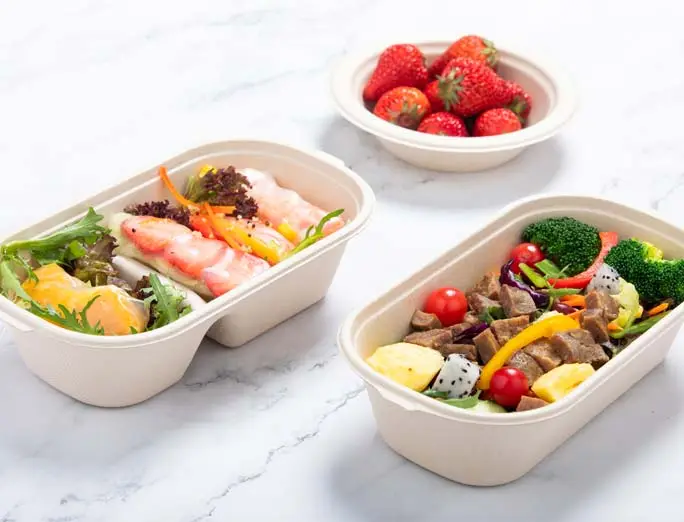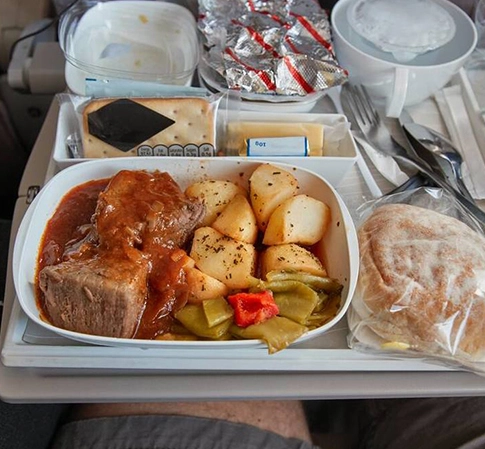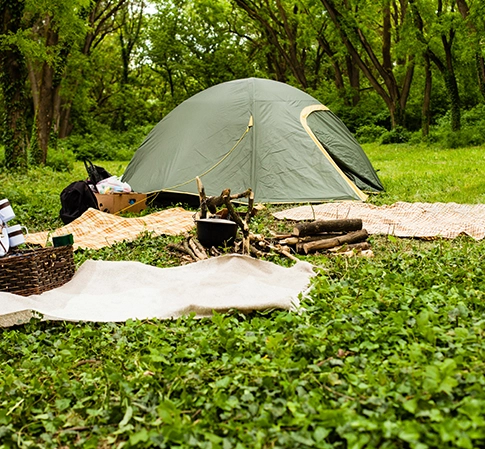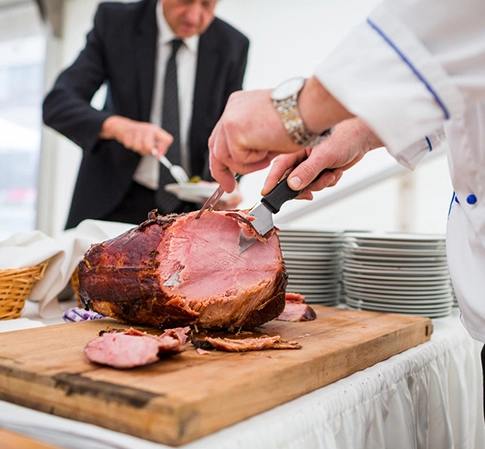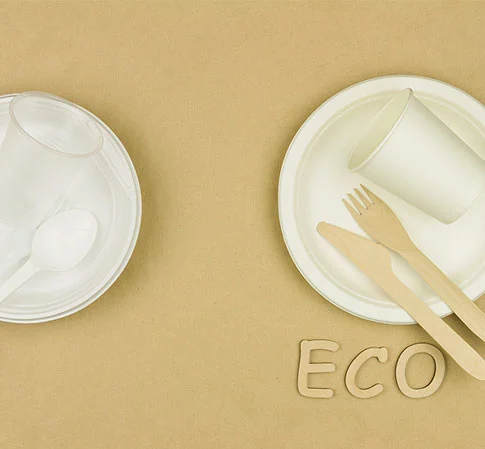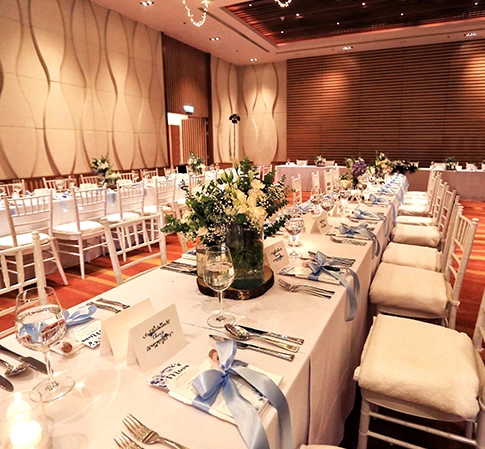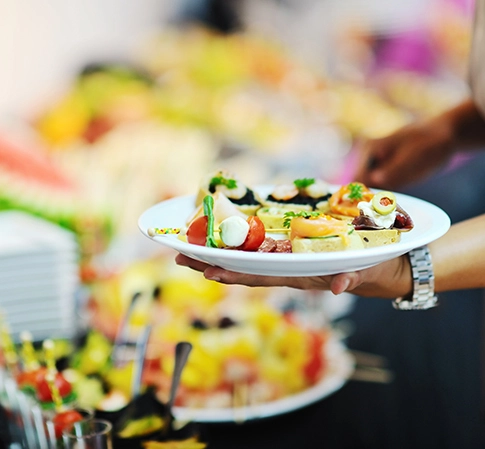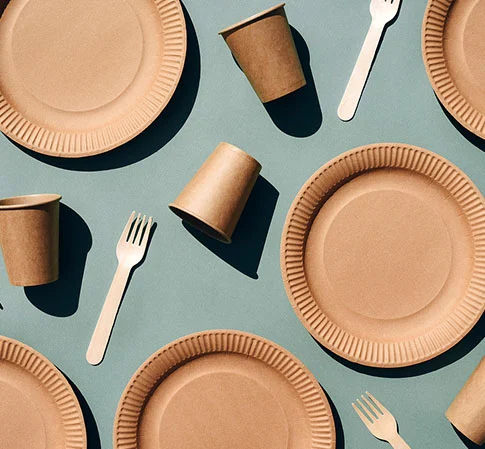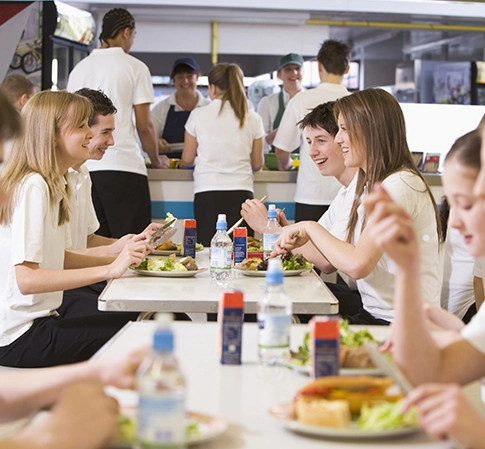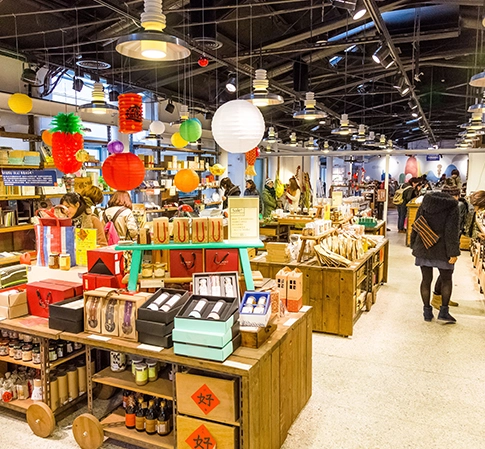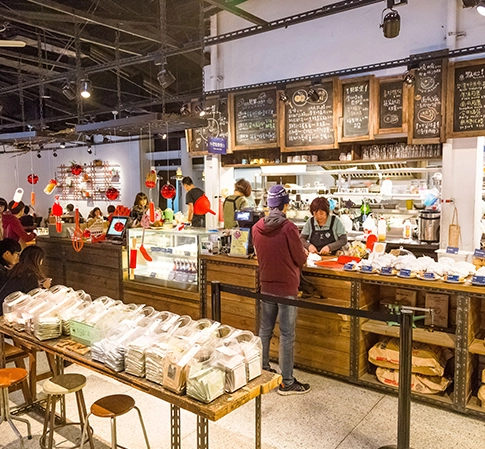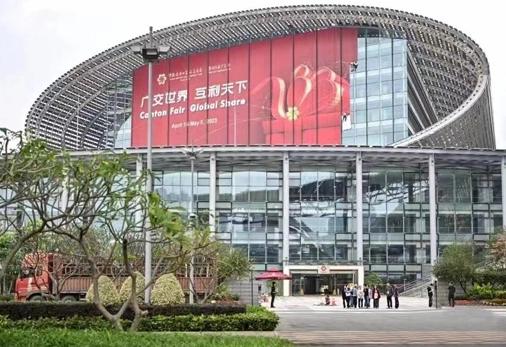
- English
- 0086-751-8939959
- sales@luzhou-pack.com
-

-
Product
- 8 oz Disposable Eco Friendly Bagasse Waterproof Stackable Food Grade Organic Wholesale Mini Sauce Bowl More
- 12 oz Food Grade Bagasse Heat Resistant Disposable Biodegradable Portable Dessert Round Flat Bowl Plate More
- 16 oz Biodegradable Eco Durable Bagasse Fiber Microwavable Disposable Round Flat Bowl Plate for Hot Food More
- 32 oz Sugarcane Bagasse Oil Proof Disposable Biodegradable Heavy Duty Extra Large Disposable Snack Bowl More
- 350ml Disposable Takeaway Bowl With Lid More
- 500 ml Good Locking New Design Sustainable Durable Disposable Recycled Materials Noodle Bowl for Party More
- 700 ml Oil Resisitant Sugarcane Bagasse Fiber Disposable Natural Food to go Large Deep Square Lunch Bowl More
- 6 inch Disposable Microwave Eco Friendly Waterproof Take Out Bagasse Fiber Hamburger Clamshell Box More
- 450ml Recycled Sugar Cane Clamshell Container More
- 500 ml Take Away Waterproof Heat Resistant Biodegradable Fiber Pulp Wholesale Rectangle Fast Food Box More
- 600 ml Biodegradable Sustainable Microwave Freezer Safe Bagasse Restaurant Disposable Lunch Container More
- 650 ml Portable Good Locking Biodegradable Water Resistant Food Storage Bagasse Fiber Deli Square Box More
- 700 ml Plant-based Microwavable Freezer Safe Good Locking Disposable Hot Sale in Canada Takeaway Box More
- 750 ml Microwavable Freezer Safe Sustainable Biodegradable Takeaway Sugarcane Rectangular Container More
- 6 inch Eco-friendly Convenient Microwavable Freezer Safe Fiber Pulp Takeaway Disposable plate for Restaurant More
- 7 inch Sugarcane Bagasse Portable Biodegradable Heat Resistant Waterproof White Disposable Dinner Plate More
- 8 inch Waterproof Sustainable Durable Biodegradable Plant-based Microwave Safe Disposable Salad Plate More
- 9 inch Food Grade Wholesale Water Resisitant Eco-friendly Renewable Materials to go Disposable Sushi Plate More
- 9 inch Biodegradable Portable Oil proof Stackable Leak-proof Take out Bagasse Fiber 2 Compartment Round plate More
- 9 inch Leak-proof Microwavable Sustainable Wholesale Freezer safe Bagasse 3 Compartment Disposable Plate More
- 10 inch Bagasse Disposable Plate More
- 3 Compartment Food Tray Eco-friendly Good Locking Biodegradable Heat Resistant Take out Bagasse Fiber More
- 4 Compartment Meal Tray Recyclable Sustainable Biodegradable Freezer Safe Wholesale Sugarcane Bagasse More
- 5 Compartment Disposable Lunch Tray Sugarcane Bagasse Fiber Sustainable Portable Oil Proof Wholesale To Go More
- 6 Compartment biodegradable Lunch Tray for school Freezer Safe Fiber Pulp Eco-friendly Renewable Heat Resistant More
- 6.14inch Water Resisitant Eco-friendly Renewable Freezer Safe Heavy-Duty Disposable Sugarcane Bagasse Spoon More
- 6.30inch Heavy-Duty Recyclable Sustainable Eco-friendly Convenient Disposable Takeaway Bagasse Fiber Pulp Fork More
- 6.54inch Eco Friendly Sustainable Biodegradable Microwavable Wholesale Freezer Safe Disposable Bagasse Knife More
- OEM/ODM
- Sustainability
- Market
- About Us
- Support
-
Contact
- En

